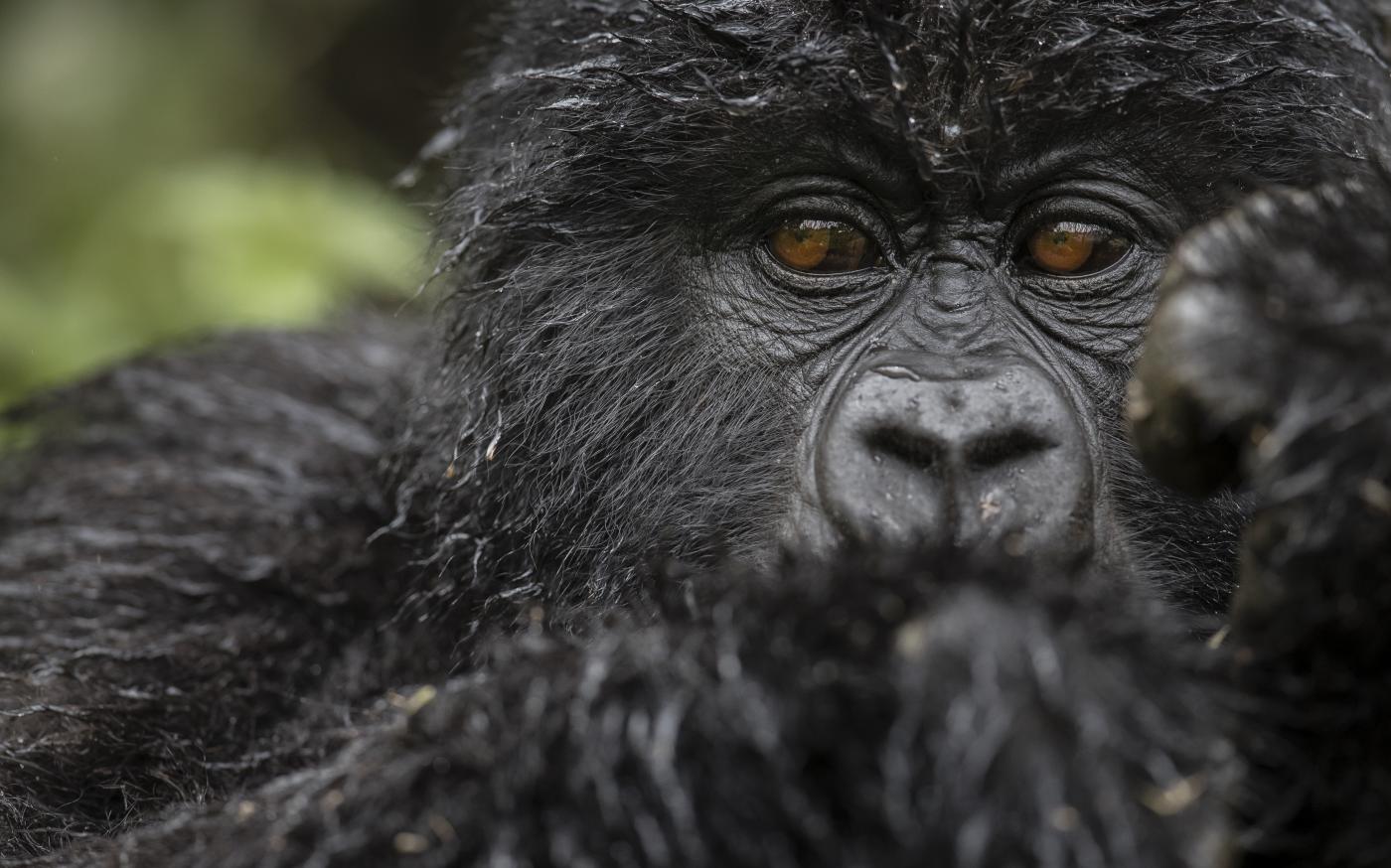Before you travel to Volcanoes National Park
What to expect in Volcanoes National Park?
Volcanoes National Park is one of the best places in East Africa to spot mountain gorillas in the wild and it was here that Dian Fossey conducted her influential research projects. Experienced guides and armed scouts lead visitors on once-in-a-lifetime treks to see these majestic creatures, with strictly-capped visitors numbers and regulations in place to ensure their long-term survival. Aside from its resident mountain gorillas, the park is also home to endangered golden monkeys, spotted hyenas and more than 170 recorded bird species.
Passport Requirements:
â—¦All travellers require a valid passport to travel to Rwanda, which must have at least 6 months validity from your arrival in the country.
â—¦You will need to have at least two blank passport pages to allow for entry and exit stamps when you arrive at Rwandan immigration.
â—¦Some passport holders will require a visa before departing for Rwanda while others will be issued a visa on arrival for $30USD. Check with your local consulate or high commission about current visa requirements.
Health Vaccinations and Precautions:
â—¦Some travellers to Rwanda will need to have vaccinations prior to travel, so make an appointment to see your doctor a few months before departure. They’ll be able to suggest necessary vaccinations or health precautions that you will need to take, as well as organise any prescription medication.
â—¦Those who are traveling from countries affected by yellow fever will need to show proof of having a yellow fever vaccine at least 10 days prior to arrival. This is a mandatory government requirement and you will be required to show it upon arrival in Rwanda.
â—¦There are various anti-malaria precautions available, each of which has its own potential side effects. Chat with your doctor about what is the best option for your travel plans and individual health requirements.
â—¦Your doctor may also recommend a rabies vaccination in the (highly unlikely) case of being bitten by wildlife or other animals during your visit.
Buy Travel Insurance:
Vencha Travel strongly recommends that all safari visitors purchase a comprehensive travel insurance policy to cover them in case of unexpected situations during their visit to East Africa. Look for policies that cover everything from travel cancellations to loss of possessions and emergency medical costs (including evacuation).
What to Pack and Bring?
â—¦Casual, comfortable and easy to wash clothing
â—¦Opt for neutral-coloured clothing, such as beige, khaki or green
â—¦Avoid wearing dark clothing as it attracts mosquitoes and tsetse flies
â—¦T-shirts and long sleeves shirts to protect against the sun
â—¦Cotton shorts, safari trousers and lightweight pants
â—¦A jacket and sweater for chilly early mornings and evenings
â—¦A waterproof jacket
â—¦Comfortable shoes with a good grip
â—¦Sunscreen, sunglasses and a hat
â—¦Insect repellent
â—¦Lip balm, moisturiser and eye drops
â—¦Camera and binoculars
â—¦AC/DC converter for your electronic devices
â—¦Medication (malaria, anti-diarrhoea, rehydration, painkillers, anti-allergies, motion sickness)
â—¦First-aid kit with bandages, antiseptic cream and prescription medications
The Volcanoes National Park Climate
Due to its elevated position, Volcanoes National Park experiences a cooler climate than many of the surrounding countries. Its diverse ecology includes dense forest, tracts of bamboo, as well as cleared foothills that are dotted with lakes, making it stunning throughout the year. The dry months of June through September are the most popular times to visit, with maximum temperatures that hover between 25°C and 27°C (77°F to 81°F) during the day before falling to around 13.5°C to 15°C (56°F to 59°F) at night.
June to September – Dry season
October and mid-December – Short rains
Mid-December to mid-February - Short dry season
Mid-February to May – Long rains
Currency:
The official currency in Rwanda is the Rwandan franc (RWF), with 1 USD equal to around 950 RWF (at the time of writing). You can find banks and foreign exchange counters in most towns and cities, as well as at the Kigali International Airport. While U.S. dollars are generally accepted throughout the Volcanoes National Park for lodge payments and staff tips, it’s recommended that you carry small denominations or some Rwandan franc as well.
Banks operate Monday to Friday (8:30 am to 5:00 pm), with some also open on Saturdays. Most of the major credit cards are accepted at camps and lodges in the Volcanoes National Park but may incur a surcharge of between 3 and 5%


 1-321-766-6821 |
1-321-766-6821 | 

